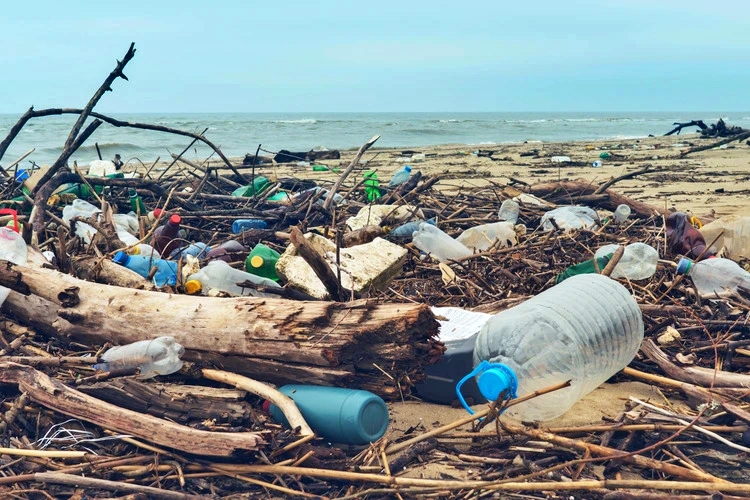Gambiaj.com – (BANJUL, The Gambia) – The Gambia has unveiled an ambitious National Action Plan to combat plastic pollution, aligning its environmental goals with the upcoming Global Plastics Treaty negotiations later this year. Developed in partnership with environmental organization Common Seas, the plan details steps to significantly reduce plastic waste across the nation, with a particular focus on eliminating single-use plastics.
According to the new policy, The Gambia faces the risk of an estimated 95,000 metric tons of plastic entering its rivers and ocean by 2033 if current waste trends persist. However, the government’s goal is to reduce plastic pollution by 86 percent over the next decade, an objective that officials believe will benefit both the environment and the local economy, especially the tourism sector.
With its rich biodiversity and reliance on healthy oceans, The Gambia is particularly vulnerable to plastic waste impacts despite contributing minimally to global plastic production.
Key measures outlined in the National Action Plan include phasing out single-use plastic bottles and expanding existing bans on plastic carrier bags. New policies also focus on promoting sustainable alternatives and enhancing waste management systems.
Additionally, the government plans to implement a deposit return scheme to encourage recycling and will promote access to safe drinking water through public fountains to reduce reliance on plastic water bags. These steps are expected to mitigate the pollution of rivers and coastal areas, safeguarding local biodiversity and marine life.
In 2021 alone, The Gambia generated approximately 23,000 metric tons of plastic waste, with 75 percent of this waste entering the environment through littering, runoff, or escaping from landfills. The resulting plastic contamination threatens local ecosystems and communities that depend on clean water and oceans for their livelihood.
“The National Action Plan on plastic pollution is intended to strengthen the existing ban on single-use plastic carrier bags, eradicate other forms of plastic waste, and phase out plastics from the general waste stream,” said Hon. Rohey John Manjang, Minister of Environment, Climate Change, and Natural Resources. “We welcome collaboration with every person, group, and organization, both local and international, in implementing this plan for the benefit of present and future generations.”
As The Gambia prepares for the final rounds of the Global Plastics Treaty talks, the government hopes its plan will serve as a model for sustainable waste management in small, coastal nations, setting a standard in the global fight against plastic pollution.










